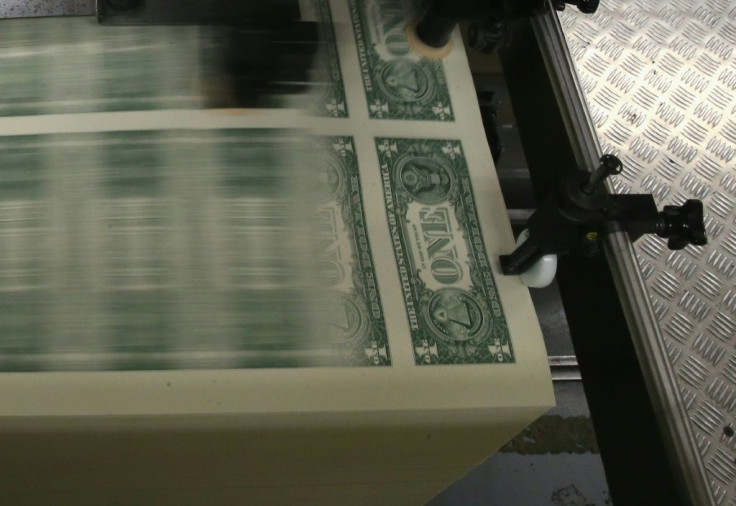Fed Cuts Interest Rates To Fight Effect Of Coronavirus. Trump Says It Didn't Do Enough

KEY POINTS
- The Fed action initially stopped a steep drop on Wall Street, but after initially rising on the news, they began sinking again
- The Fed said it was taking emergency action, dropping the federal funds rate by a half point
- President Trump wasn't happy. He's been pushing for negative interest rates
The U.S. Federal Reserve announced a half-point cut in the federal funds rate Tuesday to ease the impact of the coronavirus outbreak on the U.S. economy following a teleconference by the Group of Seven nations held to discuss ways to prevent the COVID-19 from damaging the global economy.
The Federal Open Markets Committee lowered the key interest rate 50 basis points to 1% to 1.25% to ease “risks and in support of achieving its maximum employment and price stability goals.”
“The committee is closely monitoring developments and their implications for the economic outlook, and will use its tools and act as appropriate to support the economy,” the Fed statement said.
The statement sent U.S. equities into wild swings. The Dow Jones Industrial Average was off 350 points before the announcement. After the announcement it turned toward the upside, but then began sinking again. Shortly after 11 a.m. EST, it was back in negative territory.
President Trump has been pushing the Fed to lower interest rates drastically, maintaining the U.S. is at a competitive advantage with other central banks embracing negative interest rates. Although he welcomed the Fed action, he was still critical, saying the action was inadequate.
Fed Chairman Jerome Powell told a news briefing the coronavirus has hit the tourism and travel indistry particularly hard and the central bank is watching the situation closely.
Asked why the Fed took action now, Powell said he and his colleagues had been monitoring the situation to see how it would evolve. "We came to the conclusion it's the right time to act," he said, adding there was no timetable for further rate action.
He said the rate cut will provide a meaningful "boost to the economy" but will have little impact on such factors as supply chains, which have been disrupted by the closure of component factories in China.
The G-7, meeting led by Powell and Treasury Secretary Steven Mnuchin, made no specific recommendations for action. After their teleconference, foreign ministers issued a statement saying they are “ready to take actions, including fiscal measures where appropriate, to aid in the response to the virus and support the economy during this phase.”
Also attending the meeting were central bankers from Britain, Canada, France, Germany, Italy, Japan and the United States. They pledged to ensure “price stability and economic growth while maintaining the resilience of the financial system.”
In Canada, Prime Minister Justin Trudeau cautioned though the government will do everything it can to prevent a slowdown, "this is a global context that we are facing and we don't have total control."
The Reserve Bank of Australia announced a 25 basis-point cut in its cash rate, lowering it to a record 0.5%. The central bank acknowledged the coronavirus was having a “significant effect” on the Australian economy and the action was taken to “provide additional support to employment and economic activity.”
The actions came as the total number of confirmed coronavirus cases moved toward 90,000 worldwide, with deaths topping 3,000.
© Copyright IBTimes 2025. All rights reserved.





















